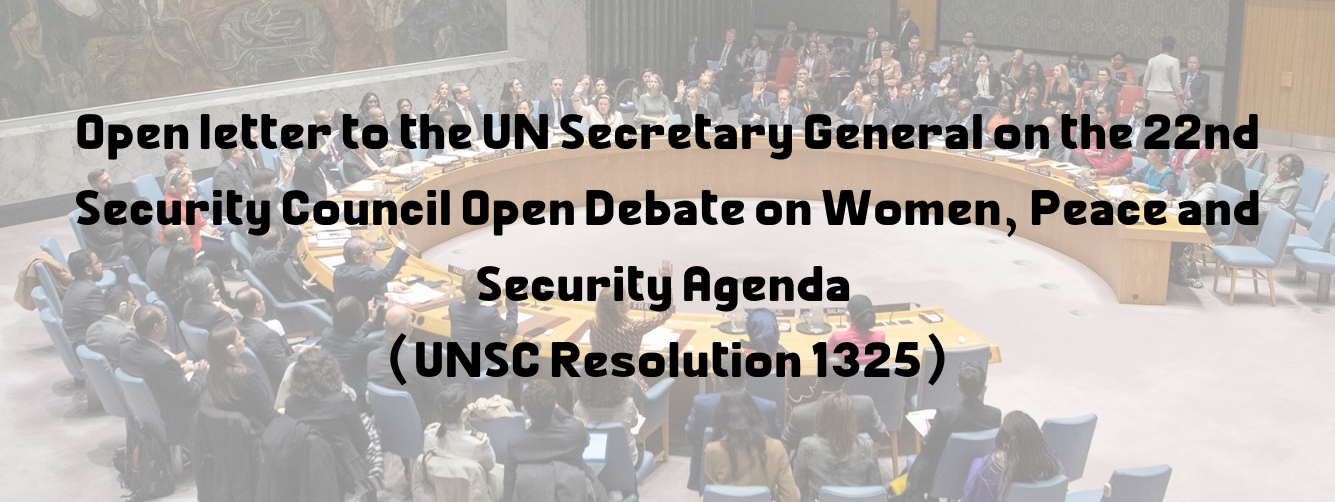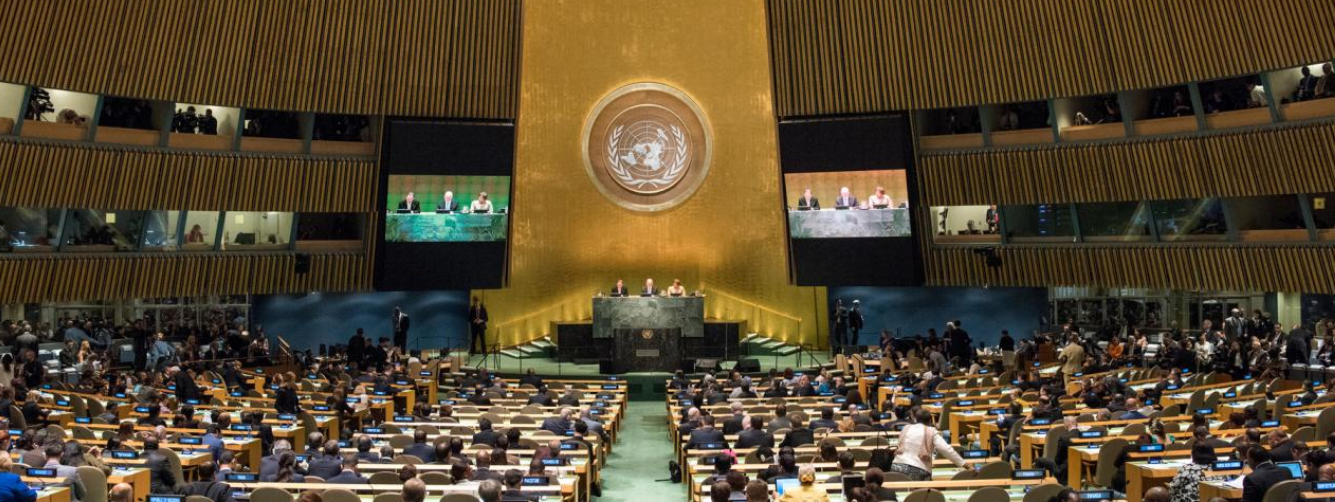President George W. Bush
The White House
1600 Pennsylvania Ave, NW
Washington, DC
Dear Mr. President:
We former U.S. diplomats applaud our 52 British colleagues who recently sent a letter to Prime Minister Tony Blair criticizing his Middle East policy and calling on Britain to exert more influence over the United States. As retired foreign service officers we care deeply about our nation's foreign policy and U.S. credibility in the world.
We also are deeply concerned by your April 14 endorsement of Israeli Prime Minister Ariel Sharon's unilateral plan to reject the rights of three million Palestinians, to deny the right of refugees to return to their homeland, and to retain five large illegal settlement blocs in the occupied West Bank. This plan defies U.N. Security Council resolutions calling for Israel's return of occupied territories. It ignores international laws declaring Israeli settlements illegal. It flouts U.N. Resolution 194, passed in 1948, which affirms the right of refugees to return to their homes or receive compensation for the loss of their property and assistance in resettling in a host country should they choose to do so. And it undermines the Road Map for peace drawn up by the Quartet, including the U.S. Finally, it reverses longstanding American policy in the Middle East.
Your meeting with Sharon followed a series of intensive negotiating sessions between Israelis and Americans, but which left out Palestinians. In fact, you and Prime Minister Sharon consistently have excluded Palestinians from peace negotiations. Former Palestinian Information Minister Yasser Abed Rabbo voiced the overwhelming reaction of people around the world when he said, "I believe President Bush declared the death of the peace process today."
By closing the door to negotiations with Palestinians and the possibility of a Palestinian state, you have proved that the United States is not an even-handed peace partner. You have placed U.S. diplomats, civilians and military doing their jobs overseas in an untenable and even dangerous position.
Your unqualified support of Sharon's extra-judicial assassinations, Israel's Berlin Wall-like barrier, its harsh military measures in occupied territories, and now your endorsement of Sharon’s unilateral plan are costing our country its credibility, prestige and friends.
It is not too late to reassert American principles of justice and fairness in our relations with all the peoples of the Middle East. Support negotiations between Palestinians and Israelis, with the United States serving as a truly honest broker. A return to the time-honored American tradition of fairness will reverse the present tide of ill will in Europe and the Middle East—even in Iraq. Because the Israeli-Palestinian conflict is at the core of the problems in the Middle East, the entire region—and the world—will rejoice along with Israelis and Palestinians when the killing stops and peace is attained.
Sincerely,
Andrew I. Killgore, Ambassador to Qatar, 1977-1980
Richard H. Curtiss, former chief inspector, U.S. Information Agency
Colbert C. Held, Retired FSO and author
Thomas J. Carolan, Counsel General Istanbul, '88-'92
C. Edward Bernier, Counselor of Embassy, Information and Culture,
Islamabad, Pakistan
Donald A. Kruse, American Consul in Jerusalem
Ambassador Edward L. Peck, former Chief of Mission in Iraq and
Mauritania
John Powell, Admin Counselor in Beirut, '75-'76
John Gunther Dean, last position held U.S. Ambassador to India
Greg Thielmann, Director, Office for Strategic Proliferation Military
Affairs, Bureau of Intelligence and Research
James Akins, Ambassador to Saudi Arabia
Talcott Seeyle, Ambassador to Syria
Eugene Bird, Counselor of Embassy in Saudi Arabia
Richard H. Nolte, Ambassador to Egypt
Ray Close, Chief of Station Jeddah, Saudi Arabia 1971-1979
Shirl McArthur, Commercial Attache, Bangkok







